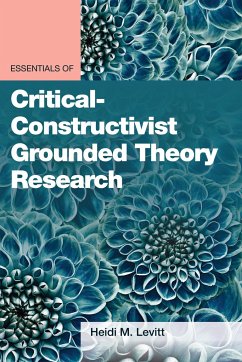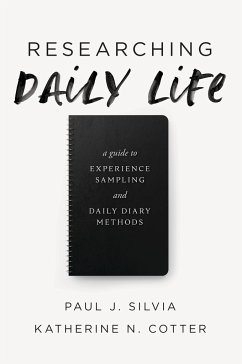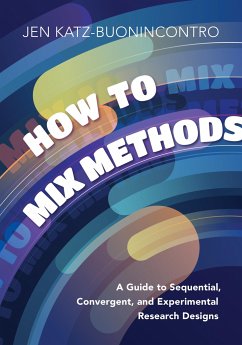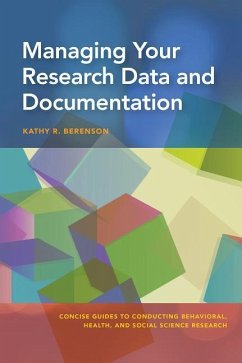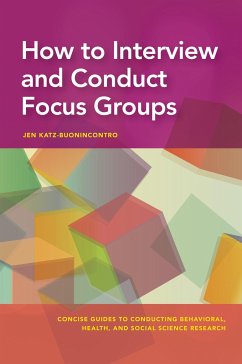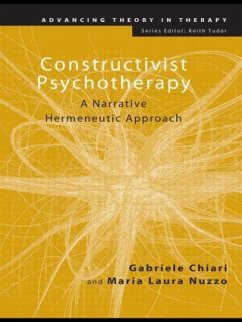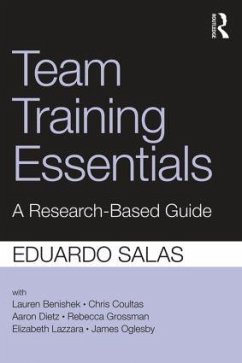
Essentials of Constructivist Critical Incident Technique
Versandkostenfrei!
Versandfertig in über 4 Wochen

PAYBACK Punkte
13 °P sammeln!




This book is a step-by-step guide to designing and realizing a constructivist critical incident (CoCIT) study.
Harriet L. Schwartz and Elizabeth L. Holloway
Produktdetails
- Verlag: American Psychological Association (APA)
- Seitenzahl: 104
- Erscheinungstermin: 20. August 2024
- Englisch
- Abmessung: 226mm x 147mm x 8mm
- Gewicht: 159g
- ISBN-13: 9781433840500
- ISBN-10: 1433840502
- Artikelnr.: 71302350
Herstellerkennzeichnung
Libri GmbH
Europaallee 1
36244 Bad Hersfeld
gpsr@libri.de
Für dieses Produkt wurde noch keine Bewertung abgegeben. Wir würden uns sehr freuen, wenn du die erste Bewertung schreibst!
Eine Bewertung schreiben
Eine Bewertung schreiben
Andere Kunden interessierten sich für


